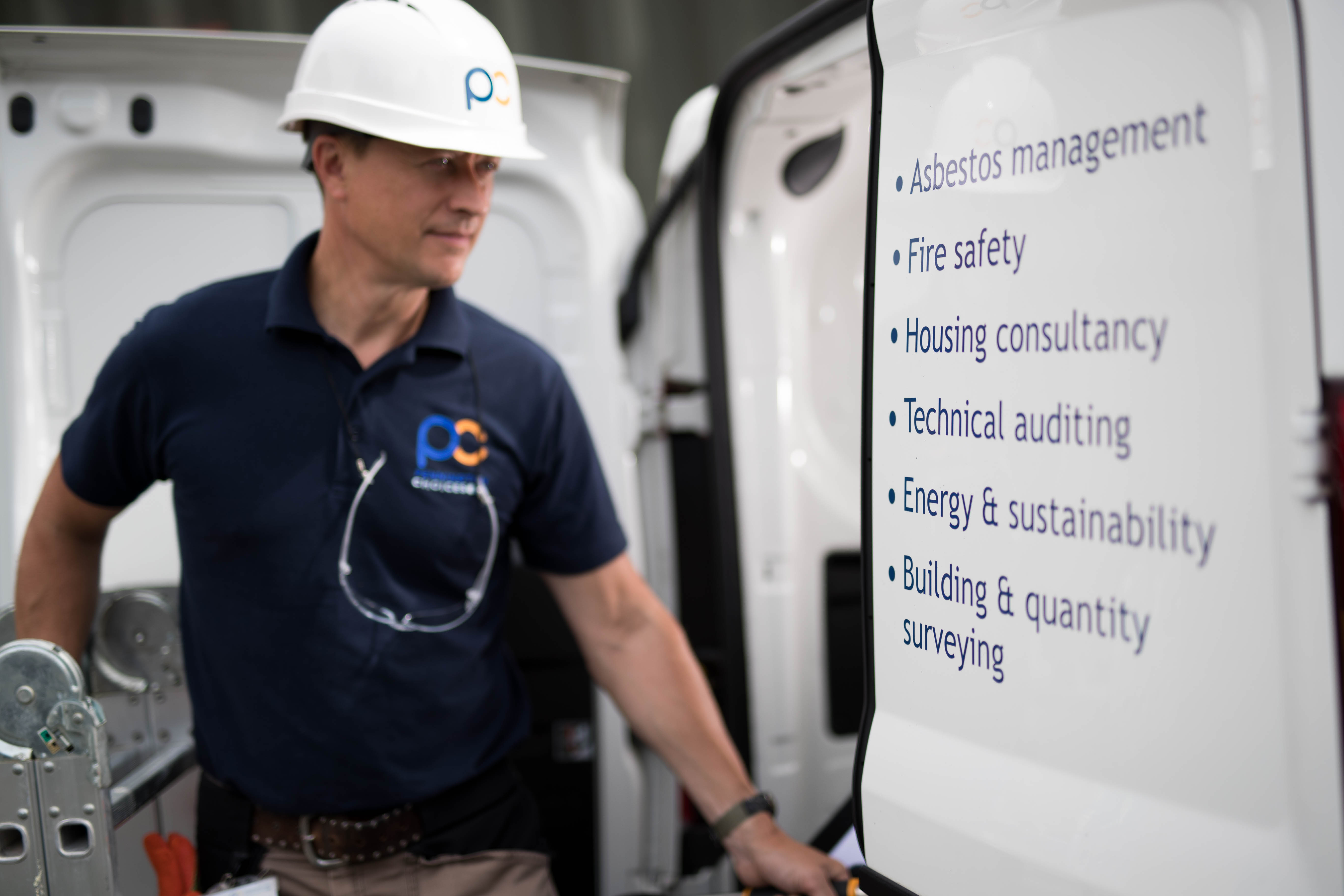Sign up to our newsletter
Top 5 Tips for successful Council development
With the news this week that Liverpool City Council are planning on re-opening a Housing Revenue Account (HRA) and that 26 London Councils have set up housing development companies, it certainly seems that the re-birth of local authority ‘owned’ housing is here to stay. Our experience, gained from working with a plethora of council’s, their ALMO’s and development companies in delivering development schemes, is that much can be achieved, but it is not all plain sailing. Those setting out on the journey or looking to significantly ramp up their development pipelines, should be thinking about our Top 5 Tips for successful Council development
Tip 1 - Purpose
If it is not clear what you are trying to do, it is very easy for the energy and enthusiasm of new initiatives to fizzle out like flat champagne, or to get tied up in endless possibilities on how the idea might be taken forward. Result = not a lot achieved. Therefore, having absolute clarity about your objectives, how they come together into a coherent development strategy, how that strategy fits with your overall housing strategy and addresses housing need is a good place to start. Where organisations are developing for their own organisational reasons or objectives, it is important to think about how these fit into the local housing landscape and how your internal needs balance off against your strategic housing priorities.
Tip 2 - People
Most housing association development directors will tell you that, recruiting and retaining good, capable, experienced development project managers and senior staff is more than hard work – in some parts of the country it is bordering on impossible. Do not underestimate the challenge of establishing your own development team, particularly in the context of local authority pay scales. Make sure you think about how you will work out what ‘good’ people look like when you do not have recruitment expertise in this space, and do think about what makes your development plans ‘irresistible’ to potential candidates.
Tip 3 – Sites
Land – they are not making it anymore! Without the ability to source and secure a pipeline of suitable sites, your development ambitions will be short lived. Most councils have long since sold off or otherwise developed the majority of ‘decent’ land that they previously owned. Although, be wary of those pieces of land, which were unexplainably not developed along with the rest of the estate (there is usually a good reason why they were not developed – be vigilant!), a systematic review of HRA and general fund owned land is a good place to start. Thereafter, you need to think about how you are going to access market led development sites, and how your appetite for buying land might compare to other social or commercial developers.
Tip 4 - Risk
Development is not risk free. Things crop up, contractors go bust and costs escalate. Pragmatism, transparency and flexibility is key here to ensure that you end up with developments that you can genuinely be proud of, while keeping elected members and the finance director on board. Importantly the ability to spot issues early and report in a timely and transparent manner, including escalation when necessary will keep delivery confidence up. Building risk into budgets and hence financial feasibilities (which virtually no one does) is helpful. Robust site risk assessment, appropriate investigations and legal due diligence searches are also essential.
Tip 5 - Quality
Most new housing in this context is procured and constructed on a design and build basis. There is nothing wrong with this, but over the years the temptation to cut design, surveying and technical supervision costs has caused many a housing association development to go awry. Building in quality at the outset with appropriate levels of pre-contract design, technical specification and ultimately a sold set of employer’s requirements and contract documents feeding into a robust procurement goes a long way to a good outcome. Whilst also thinking about ensuring that aspects such as fire safety, including certification are addressed at the outset.
For more information on any of the above or to understand how we can help you and your development plans, get in touch either at info@pennington.org.uk or 0800 883 0334
.webp?width=600&height=150&name=Pennington%20Choices%20Logo%20(reduced).webp)




